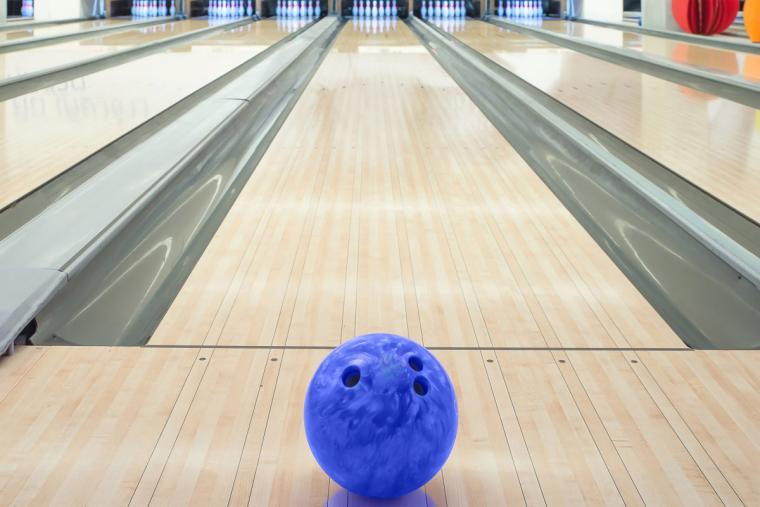
The United States Bowling Congress (USBC) released a new research report examining how bowling ball hardness changes with use and performance implications of ball hardness.
Key findings of this 2022 report include the following items:
- Urethane bowling balls get naturally softer with use. USBC data shows friction and shear forces along with lane oil exposure are contributing causes. However, this natural softening of bowling balls through use minimally impacts performance, if at all.
- Lower ball hardness at manufacture clearly impacts performance. Testing two versions of the same model urethane ball with different hardness out of the box shows very different performance. The softer ball is stronger.
- Chemically altering bowling balls to make them softer significantly impacts performance. The softer altered balls are stronger.
This 2022 report follows up on previous USBC research demonstrating urethane shell balls drop in hardness after use. Reactive shell balls have less significant changes, showing little to no drop in hardness after use.
USBC equipment specifications are designed to set boundaries on the manufacturing of bowling equipment. Manufactured hardness is a physical property of bowling balls that has clearly been demonstrated to have performance implications. Therefore, it is essential that manufacturing regulation in this area continues to ensure that the performance range allowed for bowling balls is maintained.
The full report can be found at BOWL.com/Hardness.

There are no comments
Please login to post comments